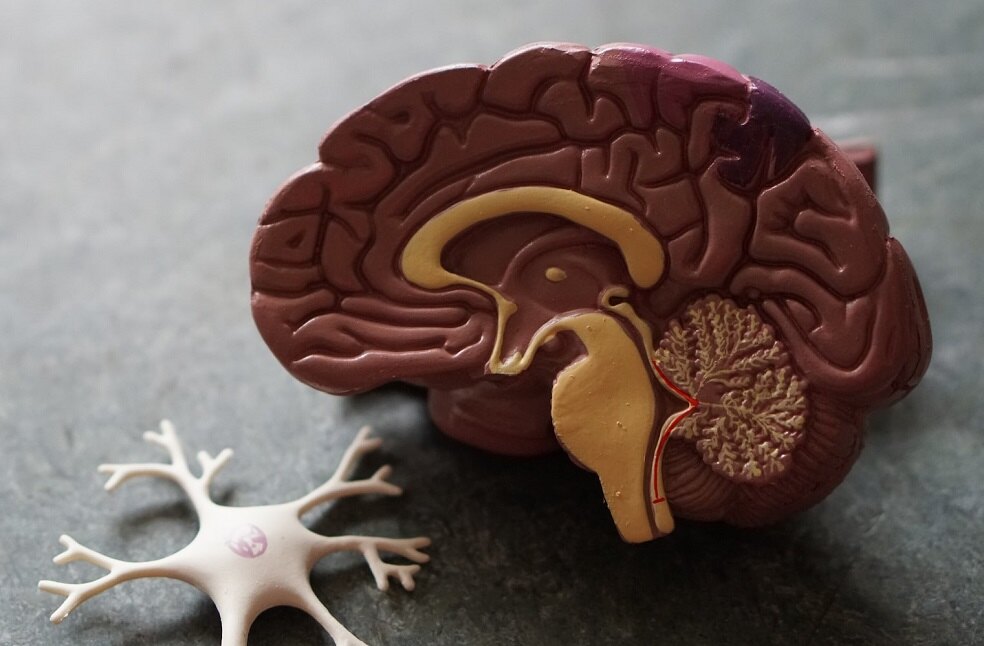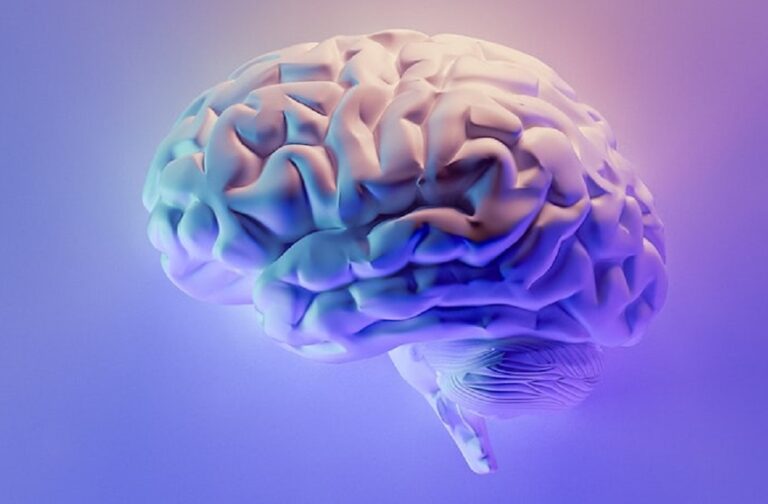United States: Scientists at the University of California, San Francisco, have made a groundbreaking discovery by decoding brain signals that indicate the level of pain experienced by individuals living with chronic pain. This breakthrough offers hope for the development of innovative treatments for those who have exhausted other options. The researchers’ findings suggest that brain stimulation therapies, currently used for conditions like Parkinson’s disease and major depression, may also be effective in alleviating chronic pain.
Led by neurologist Mr. Prasad Shirvalkar, the study marks the first time that the brain activity underlying chronic pain has been deciphered in patients. According to Mr. Shirvalkar, the research demonstrated that chronic pain could be tracked and predicted in real-world scenarios, such as when patients were engaged in daily activities. Chronic pain affects a significant number of adults, with almost 28 million individuals in the UK alone experiencing pain for at least three months despite medication or treatment. The causes of chronic pain vary, ranging from arthritis and cancer to diabetes and stroke.

Traditional medical treatments have proven ineffective in addressing chronic pain, leading experts to call for a reevaluation of how healthcare services approach patients suffering from long-lasting pain. To conduct their study, Mr. Shirvalkar and his team surgically implanted electrodes in four patients with intractable chronic pain resulting from a stroke or limb loss. These devices enabled the patients to record brain activity in two specific regions—the anterior cingulate cortex (ACC) and orbitofrontal cortex (OFC)—by pressing a button on a remote handset.
Throughout the study, volunteers were asked to complete surveys multiple times a day, reporting on the intensity and type of pain they were experiencing while simultaneously recording snapshots of their brain activity. By analysing the survey responses and brain recordings, the scientists successfully trained an algorithm to predict an individual’s pain levels based on the electrical signals detected in their OFC. Shirvalkar described this achievement as the development of an objective biomarker for chronic pain.

The researchers also discovered distinct brain activity associated with acute or short-term pain, such as the pain caused by a hot object touching the skin. This finding sheds light on why routine painkillers are often less effective in treating chronic pain compared to sudden, acute pain like that caused by stubbing a toe.
Professor Blair Smith, an expert in chronic pain from the University of Dundee, praised the research, emphasising the lack of objective measures for pain, which hinders doctors’ ability to assess the effectiveness of treatments. According to Mr. Smith, if this research is expanded successfully, it could provide not only an objective measurement of certain types of pain but also enhance the understanding of its biological mechanisms.



